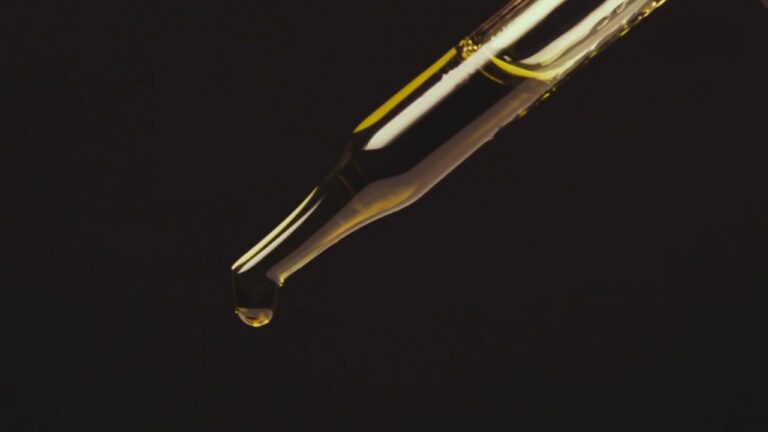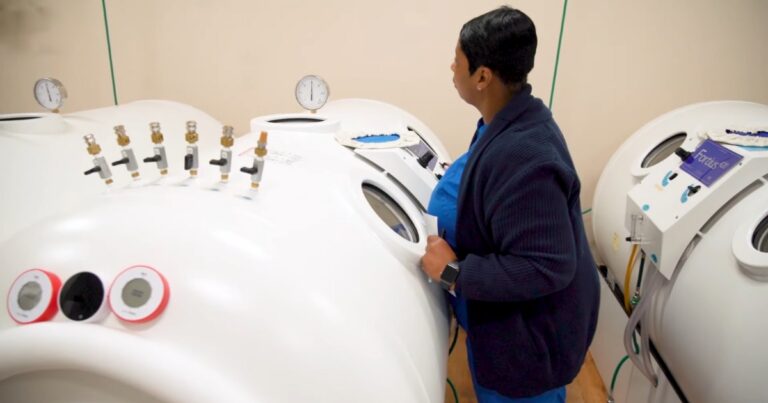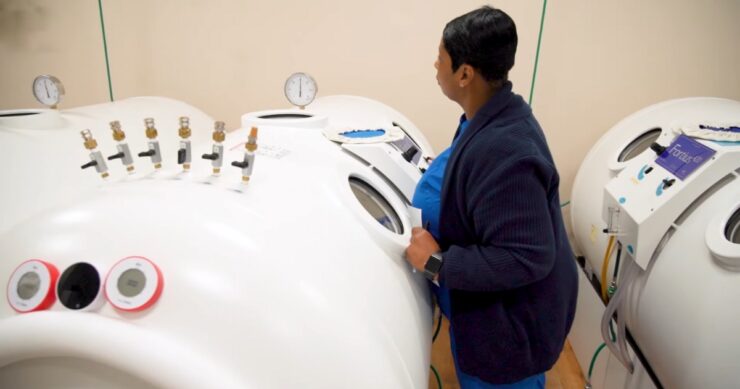In recent years, CBD oil has surged in popularity, becoming a staple in the wellness and health industry. This natural compound, praised for its potential therapeutic benefits, is derived from the cannabis plant.
However, as its use becomes more widespread, a crucial question arises: How long does Cannabidiol stay in the system? This article promises to shed light on this query, offering valuable insights and practical tips, ensuring you make informed decisions about your CBD journey.
What is CBD Oil?
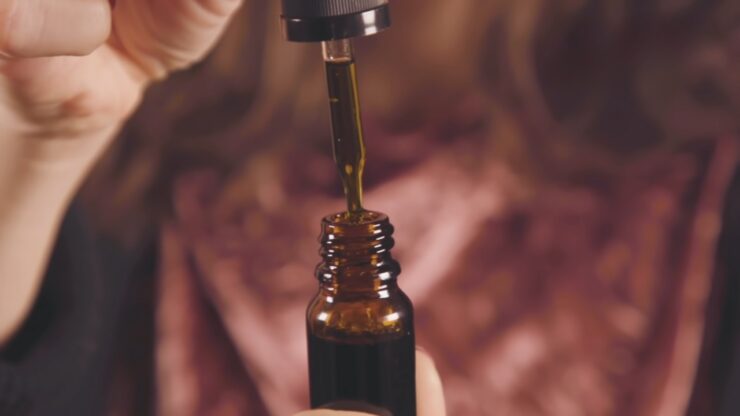
Cannabidiol, or CBD, is a non-psychoactive compound found in cannabis plants. Cannabis, originating from Central Asia, has been cultivated for thousands of years, with Cannabidiol being one of its notable compounds celebrated for its therapeutic potential.
Unlike its counterpart THC, Cannabidiol does not induce a ‘high,’ making it an appealing option for those seeking the potential health benefits of cannabis without the mind-altering effects.
CBD oil comes in various forms, including tinctures, capsules, edibles, and topical creams, catering to different preferences and needs. It’s celebrated for its potential to alleviate a spectrum of conditions, from anxiety and pain to sleep disturbances and inflammation, though more research is needed to conclusively determine its efficacy.
How Cannabidiol is Metabolized
Upon entering the body, CBD is metabolized, primarily in the liver, where enzymes break it down for elimination. This metabolic process is crucial as it determines the active time of CBD in your system and its effectiveness.
Factors such as your metabolic rate, the method of Cannabidiol consumption, and your body’s chemistry can influence how CBD is metabolized. Understanding these factors can help you optimize the benefits you receive from Cannabidiol products. To better understand them visit Abba Nutrition.
Half-Life of CBD
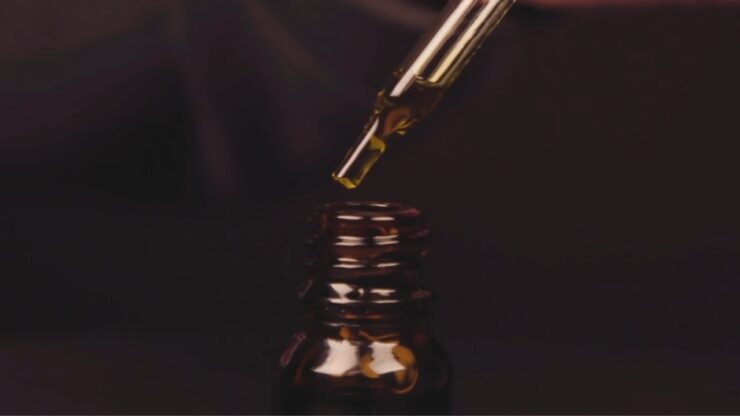
The concept of half-life is central to understanding how long CBD stays in your system. Half-life refers to the time it takes for half of the substance to be eliminated from the body.
The method of consumption also plays a significant role in determining how long CBD stays in your system, with vaping typically resulting in a shorter duration due to its faster absorption rate into the bloodstream.
For CBD, this duration can vary significantly based on individual factors and the mode of consumption. On average, the half-life of Cannabidiol is estimated to range from 18 to 32 hours, but this can vary widely, meaning that Cannabidiol could stay in your system for days or even weeks after the last dose.
Factors Influencing Cannabidiol Duration
Several factors can influence how long CBD lingers in your system. Individual differences like age, weight, and overall health play a crucial role. Additionally, the dosage and frequency of Cannabidiol use are significant—higher doses and more frequent use may prolong the duration of CBD in your system.
The type of Cannabidiol product also matters; for instance, edibles may take longer to metabolize than tinctures or vape oils. Understanding these variables can help you tailor your Cannabidiol use to your lifestyle and needs.
Drug Tests and CBD
For many CBD users, the possibility of failing a drug test is a significant concern. While Cannabidiol itself is not usually detected in standard drug tests, issues arise due to the trace amounts of THC found in many Cannabidiol products. Drug tests vary in type, including urine, blood, and hair tests, each with its sensitivity and detection windows.
While it’s unlikely for Cannabidiol use to result in a positive drug test, the risk cannot be entirely ruled out, especially with products containing higher THC levels. It’s crucial to be aware of the composition of your Cannabidiol products and the specifics of potential drug tests you might face.
Urine Tests
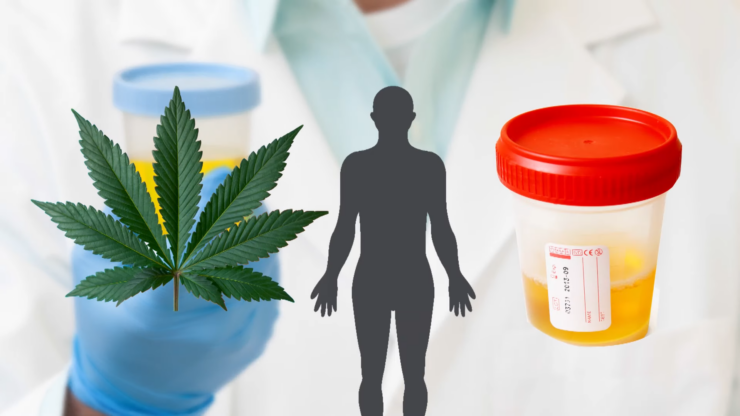
Urine tests are a common method for detecting substances, raising concerns about CBD’s detectability. Typically, these tests are not searching for Cannabidiol itself but for THC, the psychoactive compound found in cannabis. However, as CBD products may contain trace amounts of THC, understanding its potential presence in urine is crucial.
Cannabidiol itself may be detectable in urine for 3 to 15 days, depending on factors like dosage, frequency of use, and individual metabolism. For those concerned about urine drug tests, it’s advisable to use CBD products with no THC and to be mindful of the product’s source and composition.
Blood Tests
While less common than urine tests, blood tests can detect Cannabidiol and its metabolites. These tests are sensitive and can reveal recent usage more accurately.
CBD can be detectable in the blood for up to 5 days, but this duration varies based on similar factors affecting urine tests. The sensitivity of blood tests to Cannabidiol and the influence of dosage, body composition, and usage frequency underlines the importance of understanding product composition and monitoring intake.
Hair Tests
Hair tests are notable for their sensitivity and long detection window, capable of tracing substances months after use. CBD can be detectable in hair for up to 90 days.
However, such tests are less common and typically not employed for Cannabidiol detection specifically. For individuals facing hair drug tests, it’s crucial to consider the long detection window and to be aware of the THC content in their CBD products.
Saliva Tests
Saliva tests for CBD detection are less invasive and can indicate recent usage. Cannabidiol may be present in saliva for up to 36 hours post-consumption. Those anticipating saliva tests should be aware of the short detection window and ensure their Cannabidiol usage aligns with their personal and professional requirements.
Tips for Safe CBD Use
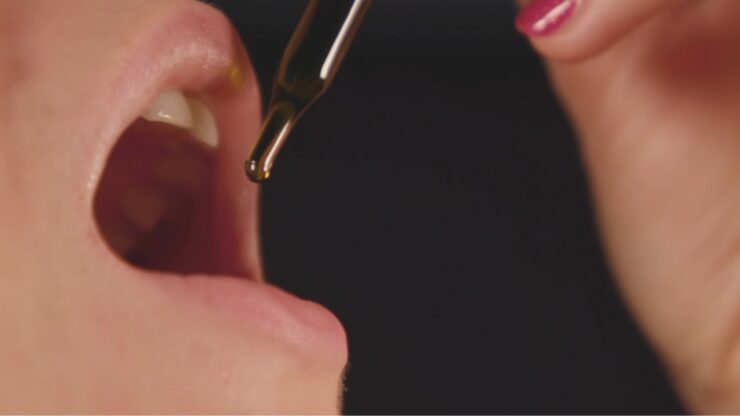
Navigating the world of CBD requires an informed approach to consumption. Responsible usage entails understanding appropriate dosages, frequency, and the importance of consulting healthcare professionals, especially for those with underlying health conditions or those taking other medications.
Recognizing the duration Cannabidiol stays in the system is crucial for making informed choices about consumption, particularly in the context of drug testing. Similarly, understanding the effects and appropriate dosage of magic mushroom edibles is essential for ensuring safe consumption practices and minimizing potential risks.
Conclusion
As the conversation around CBD oil and its detectability in drug tests unfolds, it’s clear that knowledge and caution are key. The significance of understanding CBD’s duration in the body cannot be overstated, whether it concerns urine, blood, hair, or saliva tests.
This guide underscores the importance of informed, responsible Cannabidiol use, emphasizing the need to consider product composition, dosage, and individual factors. As the landscape of Cannabidiol usage continues to evolve, making educated choices and seeking expert advice remains paramount for users navigating this complex yet promising terrain.

